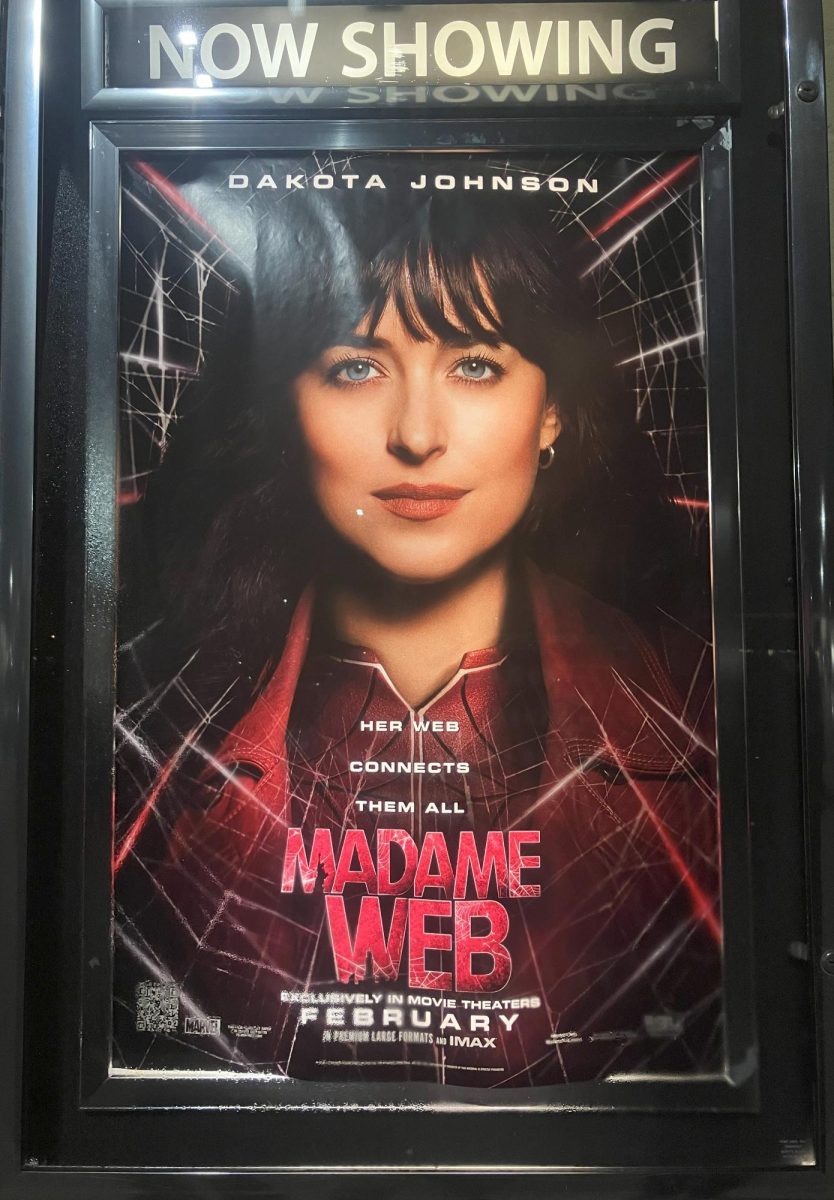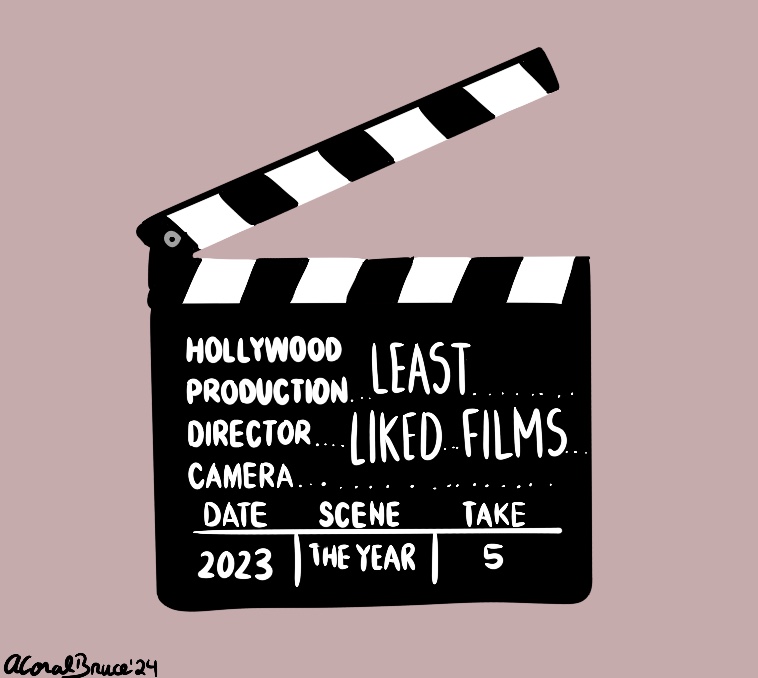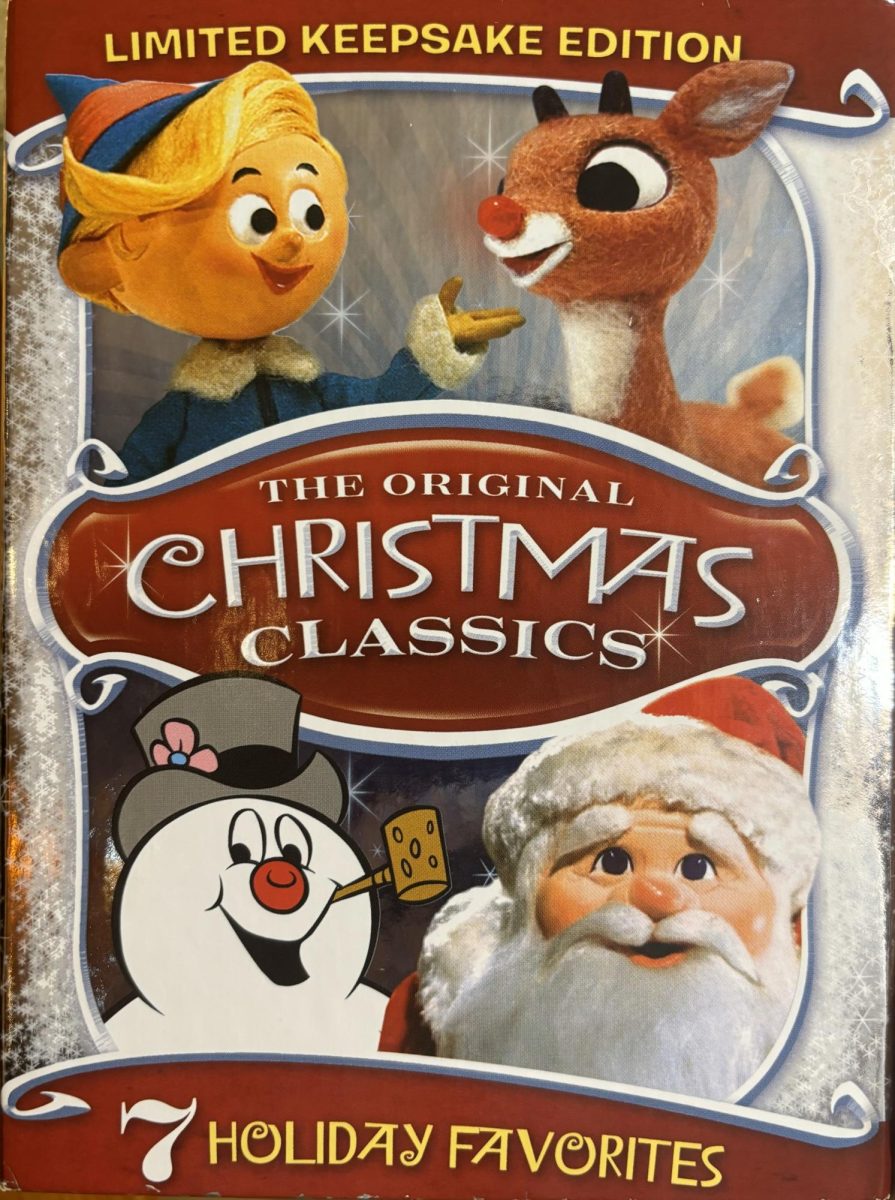During Spring Break, I watched an interesting documentary called “Scratch,” about the emergence and rise of disc jockeys, the hip hop culture and the art of “turntablism.”
While the documentary was fascinating in its entirety, one of my favorite parts was about the practice of digging. The film portrayed DJs searching through record stores for hidden gems to be used in their sets and in their own, vast, personal collections. Many DJs view their collections not only as arsenals for battles but also as tools to be shared with fellow musicians.
One DJ, Jazzy Jay, claimed to have more than 300,000 records. Compare that to your friend who recently bragged about his or her iTunes collection of more than 10,000 songs.
I have always loved collecting, and this, combined with my love of music, makes something such as digging extraordinarily appealing to me. I enjoy searching for music almost as much as I enjoy listening to it.
Every so often, while searching through musty, old crates of used records in record stores, I will find that one hidden treasure that I would never be able to find anywhere else. I may have to look through dozens of junk records to find the one special album, but the accomplishment makes it all worthwhile.
When I went to Finland last summer, I made a point of tracking down some local record stores. While there, I managed to find a record by the local Helsinki group, TV-Resistori. Today, it is still one of my favorite records, and I never would have found a copy anywhere in the U.S.
Digging, in my opinion, is not restricted to the record store. Record stores aren’t quite as abundant as they once were, although a couple in McMinnville. The Internet is an excellent place to search out new music to add to your collection. I remember when a friend of mine introduced me to Pandora Radio on the Internet a few years back. I’ve been grateful ever since, as it has consistently introduced me to great artists I had not heard of.
I certainly do not rely on Pandora, though; there are a multitude of ways to track down new music online. Just searching through connections that musicians might have with other musicians, one can find all sorts of interesting obscurities online. I once found an artist by searching a random word on Google Images. The search led me to a webcomic whose author had released some music, which I promptly downloaded and enjoyed.
I am not saying music must be obscure to be good, but it is similarly true that not all well-known music is necessarily good. It is undeniable that there is amazing music out there you might never find unless you actively search for it.
Not only does seeking out the more obscure hits expose you to more interesting music, it can also spice up your personal collection, something any collector wants. I believe a person’s musical repertoire reflects on them as an individual and can say a lot about them. This is why I am always apprehensive when people want to swap entire libraries. This is my collection. If I give it all to you, then how does it reflect me?
Don’t get me wrong, I will share my music with people. I would just rather share by showing my friends music I think they would like or by making mix CDs for them.
Personalizing your music collection is a lot of fun. In the documentary, DJ Shadow talked about his experiences with digging and mentioned that “it’s not gonna make a bad DJ good, but it’ll make a good DJ better.” I would similarly say that digging and seeking out music is not necessary to enjoy it, but it can make the experience much more enjoyable as a whole.
Braden Smith can be reached at
Opinion Editor Braden Smith [email protected]






